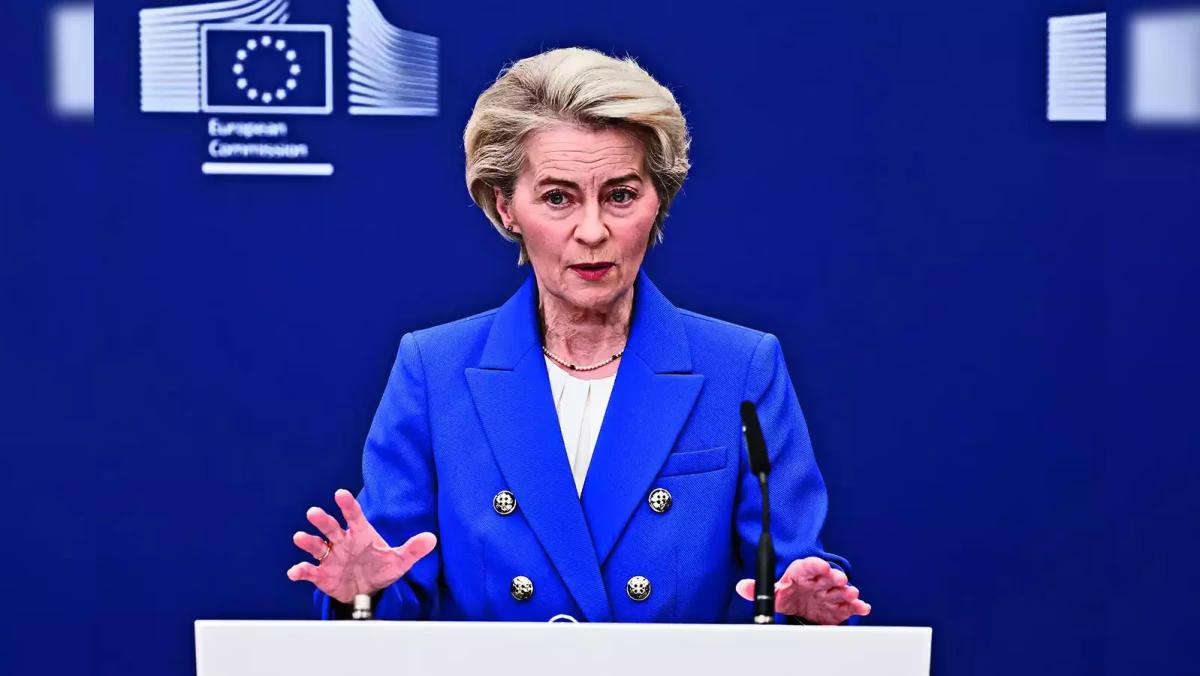The Khalistan movement is the fight for a separate, sovereign Sikh state in present-day Punjab (in both India and Pakistan). The movement was crushed in India after Operation Blue Star (1984) and Operation Black Thunder (1986 and 1988), but it continues to generate sympathy and support among sections of the Sikh population, especially in Canada, the UK, and In the Sikh Diaspora in countries like Australia. Amritpal Singh, a follower of Sikh extremist Jarnail Singh Bhindranwale, who has been propagating the idea of the Khalistan separatist movement in Punjab in the recent past, has managed to escape.
The origins of the Khalistan movement are traced to India's independence and subsequent partition along religious lines.
The Punjab province, which was divided between India and Pakistan, saw sectarian violence and gave rise to millions of refugees. The capital of the historic Sikh Empire, Lahore, as well as holy Sikh sites such as Nankana Sahib, the birthplace of Guru Nanak, moved to Pakistan. While the majority of Sikhs found themselves in India, they were a small minority (2% of the population) in the country. The political struggle for greater autonomy began with the Punjabi Suba movement for the creation of a Punjabi-speaking state.
The States Reorganization Commission Report (1955) rejected this demand, but the state of Punjab was reorganized in 1966 (divided into Hindi-Hindu-majority Himachal Pradesh and Haryana, and Punjabi-Sikh-majority Punjab). The Punjabi Suba movement inspired the Akali Dal, which passed the Anandpur Sahib Resolution (1973), demanding autonomy (not secession from India) for the state of Punjab. The demand had gone global by 1971 – when an advertisement in the New York Times announced the birth of Khalistan. By the 1980s, Jarnail Singh Bhindranwale's appeal was causing trouble for the government.
He and his followers (mostly from the lower rungs of the social ladder) were becoming increasingly violent. In 1982, with the support of the Akali Dal leadership, he launched a civil disobedience movement called the Dharam Yudh Morcha and took up residence inside the Golden Temple, directing demonstrations and clashes with the police.
The Khalistan movement in India was crushed after Operation Blue Star (by the Indian Army in 1984 to flush out militants from the Golden Temple and neutralize Bhindranwale) and Operation Black Thunder (1986 and 1988). While the operations were successful in their objective, they seriously injured the Sikh community around the world (by desecrating the Golden Temple) and also intensified the demand for Khalistan.
Large sections of the population turned against the extremists and India moved towards economic liberalization. Punjab has long been peaceful, but agitation persists among some Sikh communities abroad. Diaspora is mainly made up of people who do not want to live in India. These people also include many who remember the bad days of the 1980s and thus support for Khalistan remains strong there.
The deep anger at Operation Blue Star and the desecration of the Golden Temple continues to resonate with some newer generations of Sikhs. Although Bhindranwale is seen as a martyr by many and the 1980s are remembered as dark times, this has not manifested in concerted political support for the Khalistan cause. There is a small minority that clings to the past, and that small minority is important not because of popular support, but because they are trying to maintain their political influence with various political parties from both the left and the right.
The resurgence of the Khalistan movement is a threat to national security similar to the Kashmir and Northeast insurgency for national security and integrity. This could lead to a bleak future for Punjab, a poor law and order situation could deter investors from investing in Punjab, thus further deteriorating its economy and spilling over into the social and political spheres.
The idea of creating a separate state for Sikhs has died in Punjab; however, it has attracted the attention of a large audience among the diaspora who have now settled in other countries for a long time and thus have lost their connection with India as their motherland. Which violates any international boundary, thus it is misused by separatists in Pakistan and other countries.
The Khalistan issue has already hurt India-Canada relations and now India-UK tensions are on the rise due to the conduct of Referendum 2020 in these countries despite the Indian government's objection. The steps to be taken to root out Khalistan, have to keep concrete and recognize new challenges. It is essential to recognize the challenge presented by traditional stakeholders and new social media recruits.
Cooperation with foreign governments Indian security and intelligence forces need to cooperate with foreign governments to monitor anti-India activities by Khalistani forces and restrict their funding sources. With the increase in security efforts, the Government of India should step up security efforts to counter the increase in Khalistani social media activity since the opening of the Kartarpur Corridor.
At the domestic level, Punjab and the central government and security forces should cooperate to improve the economic condition of the state to bring the state back on the path of development to promote economic and social development.
Engagement with the Sikh diaspora Indian agencies, such as missions established in those countries, should engage with the Sikh diaspora diplomatically to counter the disinformation campaign being run by Khalistani organizations. Such engagement would facilitate a positive relationship between the Indian state and the Sikh diaspora. Indian security forces need to step up their preparedness to deal with the increase in drones being used to deliver weapons and drugs in Punjab.
Along with Western countries, India should also not hold back from using diplomacy with Pakistan and work to extradite terrorists hiding in Pakistan. The violent Khalistani movement has disappeared; However, the idea of a separate Sikh nation i.e. Khalistan has not yet disappeared. - Dr. Priyanka Saurabh / The Hawk






















